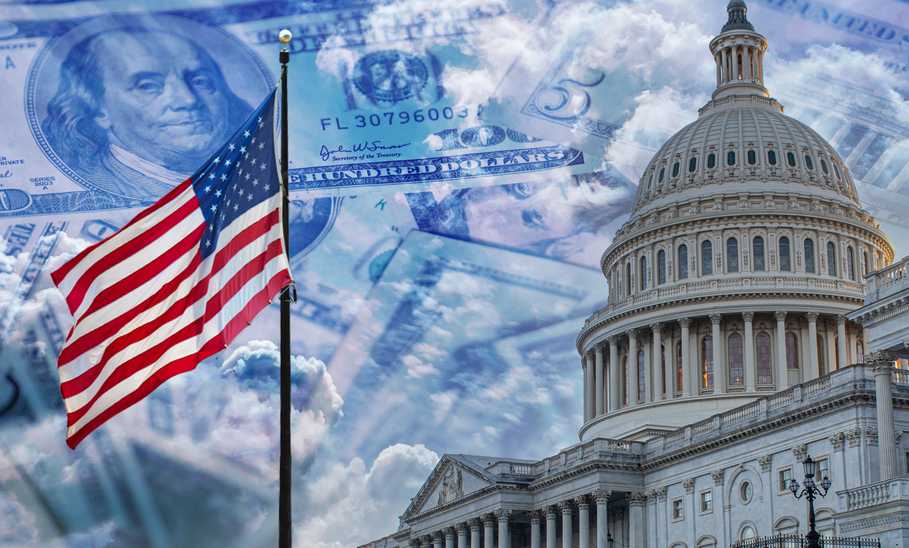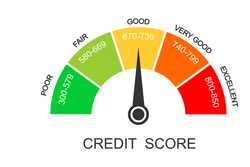What are the Three Credit Bureaus?

Our evaluations and opinions are not influenced by our advertising relationships, but we may earn a commission from our partners’ links. This content is created by TIME Stamped, under TIME’s direction and produced in accordance with TIME’s editorial guidelines and overseen by TIME’s editorial staff. Learn more about it.
The “big three” credit bureaus—Experian, TransUnion, and Equifax—collect the financial and personal information lenders and creditors need to decide whether it’s wise to extend credit your way. Learn how these bureaus monitor your behavior—and how you can ensure the accuracy of your credit reports—and you stand a better chance of being able to borrow money and secure competitive rates. Here’s what you need to know.
 |  | |
|---|---|---|
| Brand name | Myfico | Experian |
| Monthly fee | Free to $39.95 per month | Free to $24.99 per month |
| Description | FICO | FICO |
| Eligible ages | Up to $1 million | N/A |
A credit bureau, also known as a credit reporting agency, collects and maintains credit-related information about individuals and businesses. Its primary purpose is to compile this information into credit reports and credit scores. Lenders, creditors, and other entities use credit reports and scores to assess your creditworthiness and make lending and financial decisions that determine whether you are issued a credit card, granted a mortgage, and so on.
Credit bureaus include a variety of data in your reports, which, as a whole, provide a comprehensive overview of your credit history and financial behavior. The information they collect includes:
Bureaus apply different credit scoring models. Each bureau uses its own algorithms to calculate credit scores and places different weights on various factors such as payment history, credit utilization, length of credit history, types of credit, and recent credit activity. What’s more, lenders and creditors may not report to all three major credit bureaus and the timing of when they share data can also vary.
Usually, the credit scores that hold the most weight are those provided by FICO and VantageScore. Your FICO credit score, which is generally considered the most influential, can be monitored for free or a fee, depending on the amount of information you want. Each of the credit bureaus uses a version of the FICO algorithm. And the VantageScore was developed by the three bureaus together. They use these scores to develop their detailed credit reports.
Credit bureaus gather your credit-related information from various sources, starting with lenders, creditors, financial institutions, and public records. The bureaus then compile it to create your credit reports.
It’s important to remember that one negative incident can have far-reaching effects. If an account is sent to a collections agency due to non-payment, for example, the collections agency will probably report this information to the credit bureaus, which will then lower your credit score.
A lender or creditor will pull your credit reports when deciding whether you qualify for a loan, mortgage, credit card, or other type of financing, secured or unsecured. They are used to assess your creditworthiness, make informed lending decisions, and manage risk. Your credit report isn’t just used to determine whether to extend credit to you. It also influences the terms you're offered, including interest rates.
When you apply for credit, the lender or creditor may make a hard inquiry or soft inquiry. Soft inquiries occur when lenders check your report to see if you are eligible for certain products and aren’t made visible. Hard inquiries, on the other hand, are in-depth checks of your credit reports that are executed when you formally apply for financing; they become part of your credit report and can temporarily lower your score.
If you’ve found an error on one credit report, you should do more than correct it there. Be sure to pull reports from the other two bureaus to ensure it hasn’t been replicated elsewhere. You are entitled to a free copy of your credit report from each bureau once a year and can make the request through AnnualCreditReport.com.
Once you’ve determined the information is inaccurate, do the following:
The credit bureau will then contact the party that communicated the disputed information to verify its accuracy.
Credit reports break down how responsible and trustworthy you are as a borrower. Think of them as keys to unlock your financial potential.
Regularly make time to check your credit reports for accuracy and monitor the financial behaviors that will impact them in positive and negative ways. A little due diligence can get you the best terms on a mortgage, a higher line of credit, and red-carpet treatment in general from lenders.
Each bureau is essential and plays a role in your credit history; no single one is universally more important. All three—Equifax, Experian, and TransUnion—are highly regarded in the realm of credit reporting.
Accuracy across the credit bureaus is fairly consistent. However, there could be discrepancies among your reports because lenders and creditors may report information at different times, or to one bureau but not another. It’s crucial to check reports regularly for errors or discrepancies and ask the bureaus in a timely manner to correct them.
No one bureau is better than the next. The best report is the one that most accurately reflects your credit history.
The most important credit score is the one that is error-free, reflects a positive history of creditworthiness, and benefits from your due diligence to make sure the information is as accurate and up-to-date as possible. Credit bureaus play a crucial role in your financial life and it’s ultimately up to you to help them do their jobs well by being a vigilant consumer.
The information presented here is created by TIME Stamped and overseen by TIME editorial staff. To learn more, see our About Us page.



